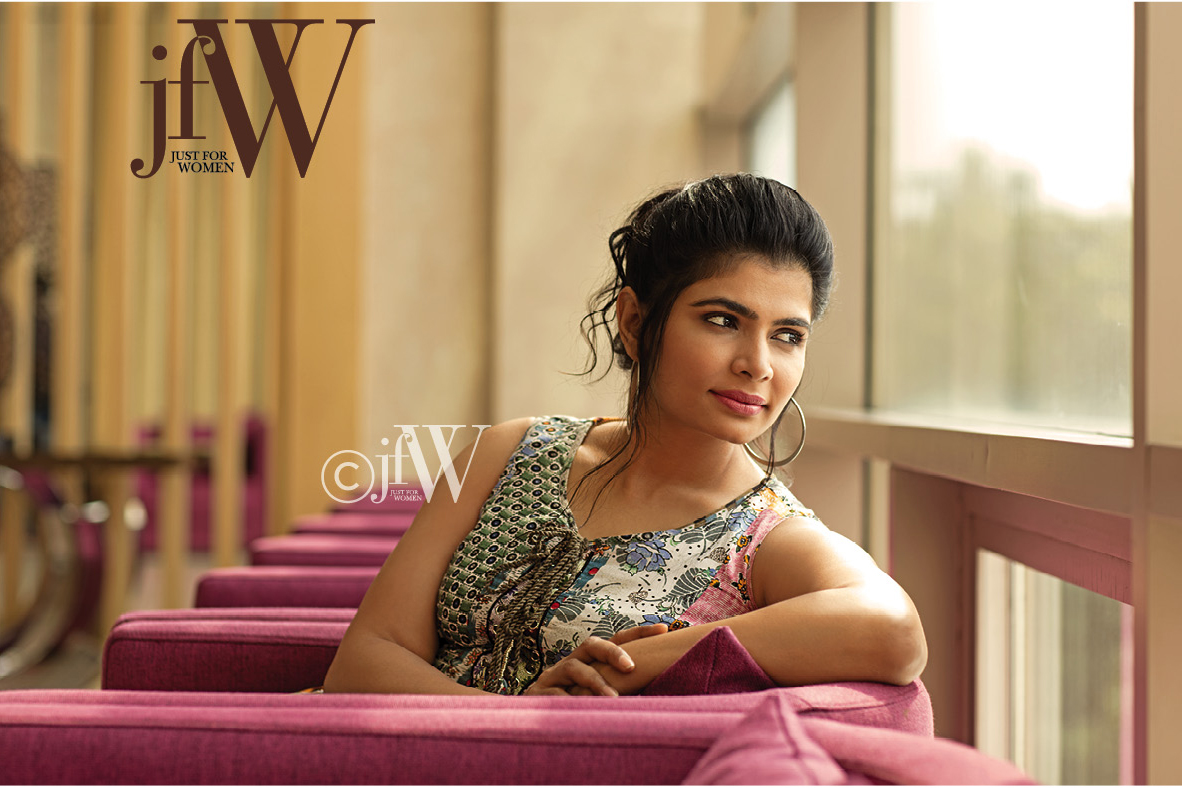“It all starts with dialogue.”
A movement doesn’t start in a day. A series of ripples cause a wave and that was the case here too. Chinmayi expresses her disbelief over the fact that it took her tweet for the dialogue to start.
She shares, “I think it all has to start with dialogue. This is the second wave of #MeToo. The first began because of Raya Sarkar’s List of Sexual Offenders in Academia (LoSHA). A lot of people stepped down shortly; people were removed from their senior positions. That happened quietly without people even realizing it. So many other harassers have been talked about in whispers. This time it was begun by Tanushree Dutta’s allegations, Sandhya Menon and several other women. The movement spread from the education sector to journalism, entertainment and now politics as well. The accounts that several women have been so vocal about, if you carefully notice, it is generally a violation of their privacy, their bodies and their sexuality. How do we prevent it? Conversations have started. I see men asking if a joke, they shared or statement they put out is okay. It is unprecedented but they are learning. Women themselves are afraid of being called feminists; that’s like saying, ‘I am not into human rights but I would like equal rights for everyone.’ Without feminism, women wouldn’t have voting rights, equal pay or right to love (female infanticide). What will last? It starts from home. It is not about industries but everyday lives of normal people.”
“Listen to them.”
The debate of us being a desensitized society has been a wakeup call to many. How much do we not care about? Is it not human to be humane? Chinmayi shares, “How much do we normalize? When the Nirbhaya case had happened, most of the conversations were about why she was out in the middle of the night, in the company of a boy and what was she wearing. The recent child rape case wherein a girl was raped by 16 men, the most common questions asked around was why the child hadn’t told anyone about it. She was hearing impaired! Of all the adults she might have met in life, 16 of them had raped her so who is to say she knew what was going on? She didn’t know it was rape! Victim not only goes through assault but is continuously victimized further when they talk about it. Everybody turns investigator when someone recounts their experience. The victim has to relive and recount the incident over and over so many times that at some point they give up and shut themselves into a shell. And about proof, we cannot constantly go around with a camera recording every instance. What about the person who was groped in a public bus? Do you ask for proof? At some point even our laws have to be amended to include weight to a victim’s voice more than asking for solid evidences.”
“Talk about consent.”
While the entire world discusses the pros and cons of the #MeTooIndia movement, the need of the hour is about consent, quips Chinmayi. “What do you do when the blinds are drawn? When no one is looking at you, are you making someone uncomfortable? Uncles, grandsons, fathers, grandfathers, the weight of these stories that come to me was not expected. There is nothing I can do to help them, I am just one individual. We don’t have a superhero who can swoop in and just save us all in one go, like it happens in the movies; believe me, I wish I could! Most of the time, the stories do not come out for ages because of fear. Fear of family members, fear of having to see the person again. For women, we might have a ray of hope, a support system via a friend or a sister, mother, someone from the same gender. Sadly, men don’t even have that. Where would they go? They also have the added fear of being mocked or their sexuality being questioned. There are people women can trust, some agency, but men don’t even have that. The LGBTQ community, harassment is an everyday issue. They are assaulted on the regular. How do we bring about a change? By creating a support system, a micro circle if you will. In our own community, talk about it in that safe space. Be open to listening to these stories. Spaces will become safer then. In your working space, check if Vishaka Guidelines are followed. Discuss what is casual dating, casual flirting. Where do you draw the line? We have become a frigid society. We are in a metro, we have just begun dating and assessing ourselves and our relationships. Talk about consent and what constitutes it. I dream of a day when we wouldn’t need SOS buttons in car rental apps and what not!”
Check out the full interview here:

